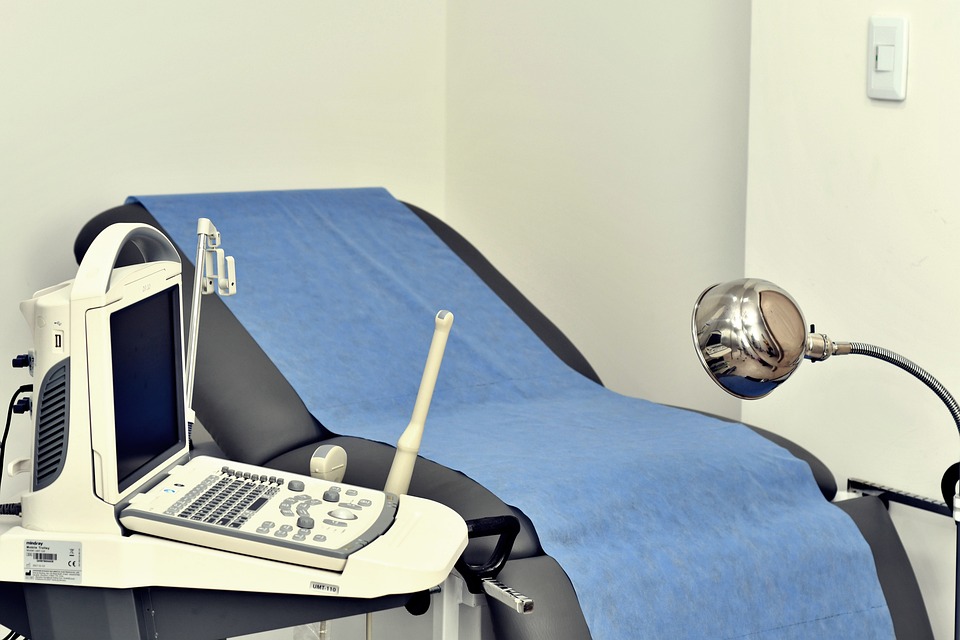
Healthy Eating Habits for a Healthy Pregnancy
Pregnancy is a time of great joy and excitement, but it can also be a time of great stress and worry. One of the best ways to ensure a healthy pregnancy is to maintain a healthy diet. In this article, we will discuss some healthy eating habits that can help you have a healthy pregnancy.
One of the most important things to remember when you are pregnant is that what you eat not only affects your own health but also the health of your baby. A balanced diet is essential for both you and your baby to get the nutrients they need for healthy growth and development.
One of the first things to consider when it comes to healthy eating habits during pregnancy is to eat a variety of foods. This will ensure that you are getting all the nutrients your body needs to support the growth and development of your baby. Some key nutrients to focus on include folic acid, iron, calcium, and protein.
Folic acid is essential for the development of your baby’s neural tube, which forms the brain and spinal cord. It is important to get enough folic acid in your diet, especially during the first trimester when the neural tube is developing. Foods rich in folic acid include leafy green vegetables, citrus fruits, beans, and fortified cereals.
Iron is another important nutrient to focus on during pregnancy, as your body needs more iron to support the increased blood volume and the development of your baby’s red blood cells. Good sources of iron include lean meats, poultry, fish, beans, and fortified cereals.
Calcium is crucial for the development of your baby’s bones and teeth. It is important to get enough calcium in your diet, especially during the third trimester when your baby’s bones are growing rapidly. Good sources of calcium include dairy products, leafy green vegetables, nuts, and seeds.
Protein is essential for the growth and development of your baby’s tissues and organs. It is important to get enough protein in your diet, especially during the second and third trimesters when your baby is growing rapidly. Good sources of protein include lean meats, poultry, fish, beans, and nuts.
In addition to focusing on these key nutrients, it is also important to eat a variety of foods to ensure you are getting all the vitamins and minerals your body needs. This can help prevent nutrient deficiencies and ensure that you and your baby are getting all the nutrients you need for a healthy pregnancy.
Another important aspect of healthy eating habits during pregnancy is to eat small, frequent meals throughout the day. This can help prevent nausea and heartburn, two common symptoms of pregnancy. Eating small, frequent meals can also help stabilize your blood sugar levels and prevent mood swings and fatigue.
It is also important to drink plenty of water throughout the day to stay hydrated and help prevent constipation, a common problem during pregnancy. Drinking water can also help prevent urinary tract infections, which are more common during pregnancy.
In addition to eating a variety of foods and drinking plenty of water, it is also important to avoid certain foods and beverages that can be harmful during pregnancy. Some foods to avoid include raw or undercooked meats and seafood, unpasteurized dairy products, and deli meats that may contain listeria. It is also important to avoid alcohol, caffeine, and high-sugar foods and beverages.
It is also important to consult with your healthcare provider about any dietary supplements you may need during pregnancy. Some common supplements recommended during pregnancy include prenatal vitamins, omega-3 fatty acids, and probiotics.
In conclusion, maintaining healthy eating habits during pregnancy is essential for the health and well-being of both you and your baby. By focusing on eating a variety of foods that are rich in key nutrients, eating small, frequent meals throughout the day, drinking plenty of water, and avoiding certain foods and beverages that can be harmful during pregnancy, you can help ensure a healthy pregnancy and a healthy baby. Remember to consult with your healthcare provider about any dietary supplements you may need and to follow their recommendations for a healthy and happy pregnancy.






